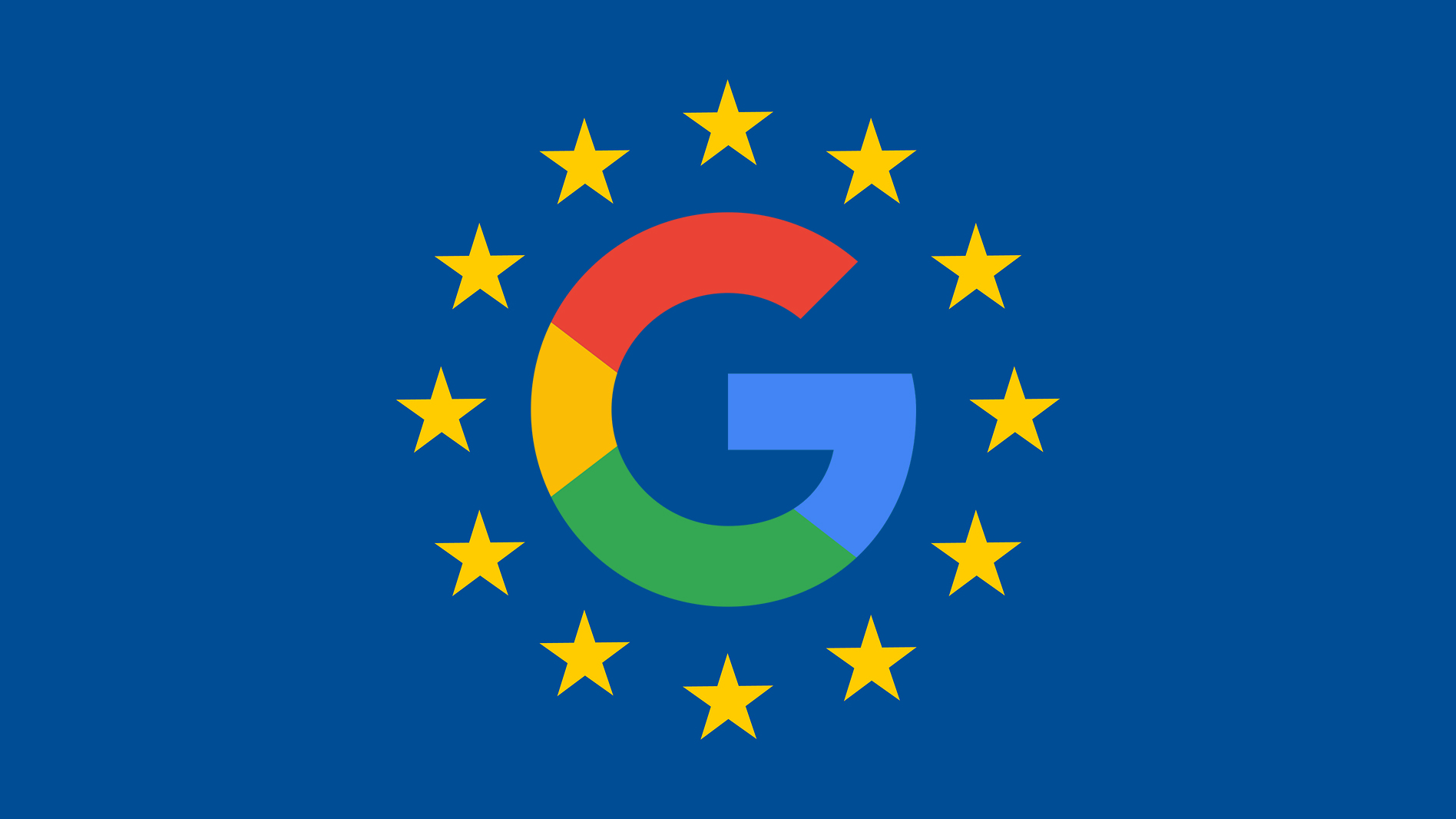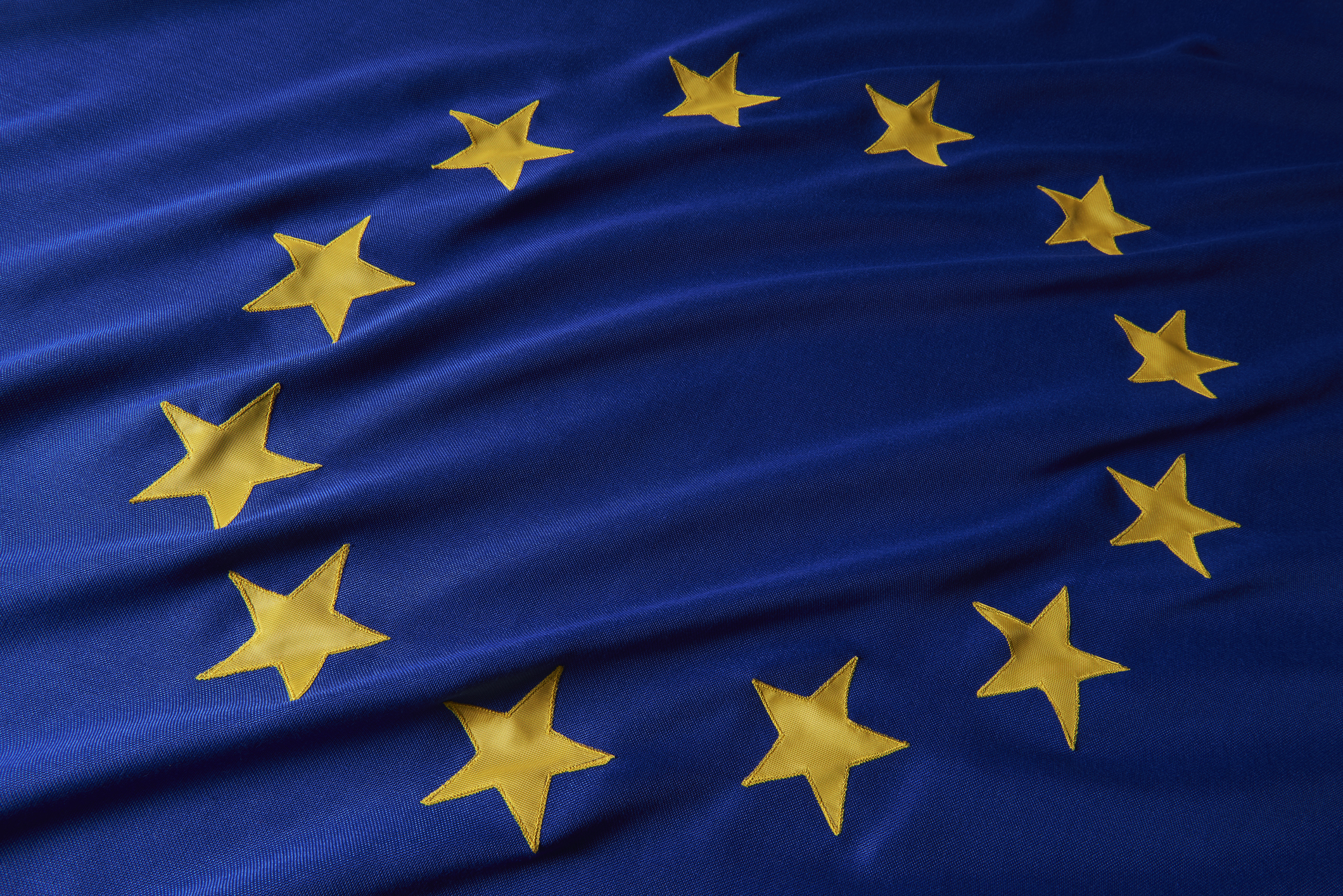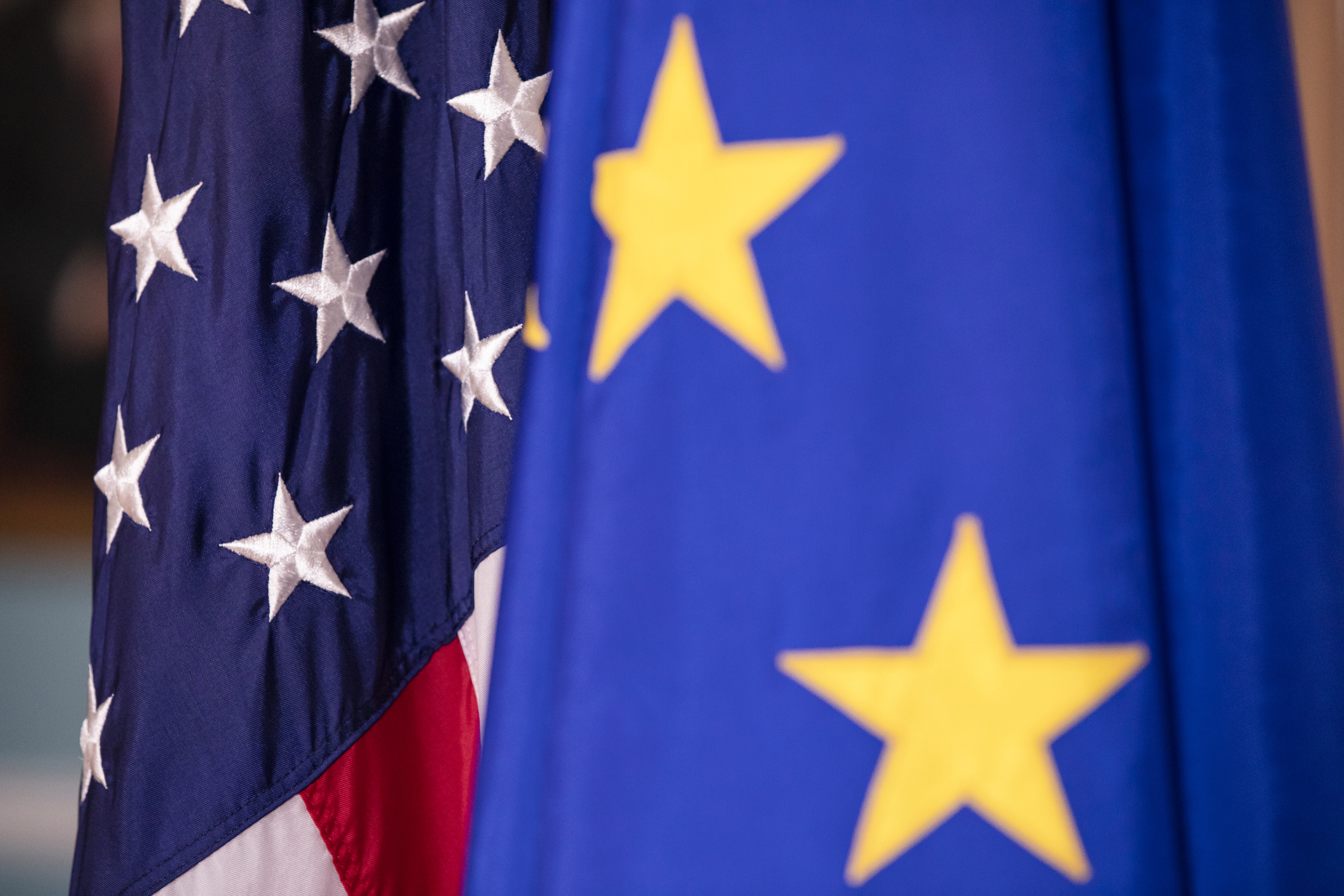Digital Services Act: Google asks European Commission to clarify responsibilities
The tech giant submitted a 135-page document calling for greater clarity around expectations


Google has responded to the European Commission’s public consultation regarding the Digital Services Act, submitting a 135-page document which points out the need to clarify the EU’s expectations towards tech companies.
In the submission, Google urged the European Commission to avoid a 'one-size-fits-all' approach, as well as elaborate on the responsibilities to which the tech industry will have to adhere if the legislation is passed.
The Digital Services Act, which was first unveiled in 2019, is expected to provide the EU with a raft of legal powers to influence how social media platforms govern hate speech, extremist material, and political advertising.
The legislation would directly impact Google’s video-hosting service YouTube, which has been criticised in the past for spreading harmful conspiracy theories, fake news, and hate speech.
In the document submitted to the European Commission, Google agreed that tech companies should act fast in order to immediately remove or disable access to harmful or illegal content. However, the tech giant also raised the concern that hosting platforms may be forced to prioritise speed over cautious decision-making.
In a blog post announcing the submission, Google’s SVP of Global Affairs Kent Walker said that the Digital Services Act “should reflect the wide range of services offered by the tech industry”, as opposed to adopting a common approach for every company.
“No two services are the same and the new act should be rooted in objectives and principles that can be applied, as appropriate, across this broad, diverse ecosystem. This will ensure that everyone - platforms regulators, people and businesses - are responsible for the parts they play,” he said.
Get the ITPro daily newsletter
Sign up today and you will receive a free copy of our Future Focus 2025 report - the leading guidance on AI, cybersecurity and other IT challenges as per 700+ senior executives
Walker added that Google is “committed to providing greater transparency for our users and governments so that they better understand the content they are seeing and how to notify us of concerns”.
“The DSA should support these kinds of constructive transparency measures while ensuring that platforms can continue to protect user privacy, ensure commercially sensitive information is not revealed and prevent bad actors from gaming the system,” he said.
The consultation period for the Digital Services Act is set to conclude on 8 September.
Having only graduated from City University in 2019, Sabina has already demonstrated her abilities as a keen writer and effective journalist. Currently a content writer for Drapers, Sabina spent a number of years writing for ITPro, specialising in networking and telecommunications, as well as charting the efforts of technology companies to improve their inclusion and diversity strategies, a topic close to her heart.
Sabina has also held a number of editorial roles at Harper's Bazaar, Cube Collective, and HighClouds.
-
 Bigger salaries, more burnout: Is the CISO role in crisis?
Bigger salaries, more burnout: Is the CISO role in crisis?In-depth CISOs are more stressed than ever before – but why is this and what can be done?
By Kate O'Flaherty Published
-
 Cheap cyber crime kits can be bought on the dark web for less than $25
Cheap cyber crime kits can be bought on the dark web for less than $25News Research from NordVPN shows phishing kits are now widely available on the dark web and via messaging apps like Telegram, and are often selling for less than $25.
By Emma Woollacott Published
-
 ‘Europe could do it, but it's chosen not to do it’: Eric Schmidt thinks EU regulation will stifle AI innovation – but Britain has a huge opportunity
‘Europe could do it, but it's chosen not to do it’: Eric Schmidt thinks EU regulation will stifle AI innovation – but Britain has a huge opportunityNews Former Google CEO Eric Schmidt believes EU AI regulation is hampering innovation in the region and placing enterprises at a disadvantage.
By Ross Kelly Published
-
 The EU just shelved its AI liability directive
The EU just shelved its AI liability directiveNews The European Commission has scrapped plans to introduce the AI Liability Directive aimed at protecting consumers from harmful AI systems.
By Ross Kelly Published
-
 A big enforcement deadline for the EU AI Act just passed – here's what you need to know
A big enforcement deadline for the EU AI Act just passed – here's what you need to knowNews The first set of compliance deadlines for the EU AI Act passed on the 2nd of February, and enterprises are urged to ramp up preparations for future deadlines.
By George Fitzmaurice Last updated
-
 UK financial services firms are scrambling to comply with DORA regulations
UK financial services firms are scrambling to comply with DORA regulationsNews Lack of prioritization and tight implementation schedules mean many aren’t compliant
By Emma Woollacott Published
-
 EU agrees amendments to Cyber Solidarity Act in bid to create ‘cyber shield’ for member states
EU agrees amendments to Cyber Solidarity Act in bid to create ‘cyber shield’ for member statesNews The EU’s Cyber Solidarity Act will provide new mechanisms for authorities to bolster union-wide security practices
By Emma Woollacott Published
-
 The EU's 'long-arm' regulatory approach could create frosty US environment for European tech firms
The EU's 'long-arm' regulatory approach could create frosty US environment for European tech firmsAnalysis US tech firms are throwing their toys out of the pram over the EU’s Digital Markets Act, but will this come back to bite European companies?
By Solomon Klappholz Published
-
 EU AI Act risks collapse if consensus not reached, experts warn
EU AI Act risks collapse if consensus not reached, experts warnAnalysis Industry stakeholders have warned the EU AI Act could stifle innovation ahead of a crunch decision
By Ross Kelly Published
-
 Three quarters of UK firms unprepared for NIS2 regulations, study finds
Three quarters of UK firms unprepared for NIS2 regulations, study findsNews Senior management can be held personally liable for non-compliance under NIS2 rules
By Ross Kelly Published